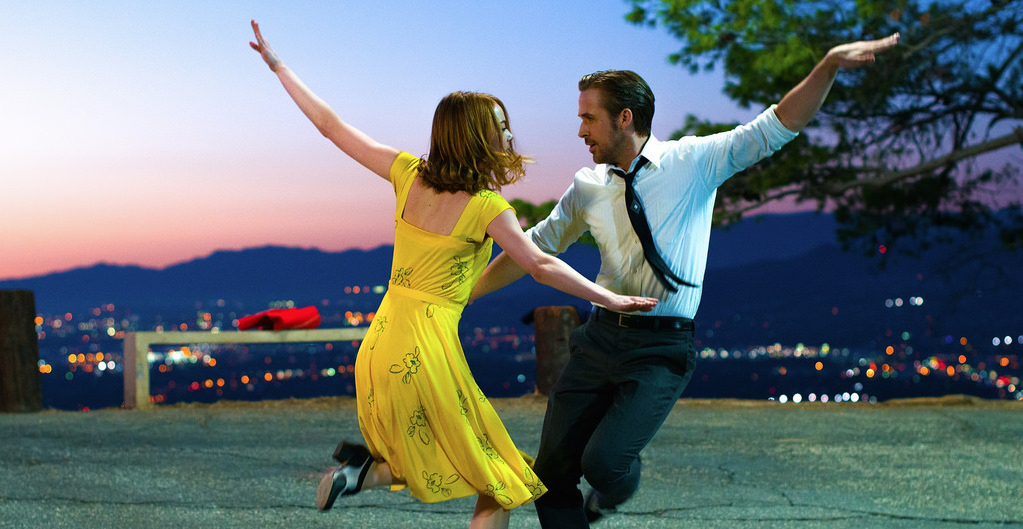Where are all the musicals?
Though La La Land may have swept up a plethora of awards and critical acclaim, there has been little to no follow-up with the film musical seemingly still a novelty. Where are they? Are audiences into them? Or are we just tired of them and only go because of other reasons such as the stars or visuals?
The ‘film musical’ is a rare breed, manifesting itself from time to time in an ever-decreasing fashion. But unlike in film, theatre musicals are created year-on-year and loved by fans all around. So, between film and theatre, what happens to musicals?
Historically, the film musical was defined by the likes of West Side Story and The Sound of Music, and more recently Les Miserables and Mamma Mia. All have been reproduced in film several years subsequent to their respective Broadway or West End debut, and as such have been more accessible to the masses – a benefit inherent in the commercialisation of musicals. Yet while film adaptations of staged musicals have been welcomed, it is the novel film musicals like, The Greatest Showman and La La Land, that are the subject of this discussion. It is curious that the number of musicals written expressly for film is limited in spite of their success – or is it?
What film musicals lack in individuality they make up for in star-studded casts, enchanting visuals and soundtracks which quickly embed themselves in our memories
One of the only original film musicals, La La Land is barely original in its own right. As a tribute to old Hollywood musicals, it stems from history, drawing on the millennials’ favourite pastime: wallowing in nostalgia. The Greatest Showman is better placed as a film musical than its counterpart in terms of plot originality. However, the soundtrack’s familiarity is uncanny, its writers placing popular appeal higher in its priorities than character development or narrative progression for which songs, in mega-musicals at least, are indisputably necessary. What film musicals lack in individuality, they make up for in star-studded casts, enchanting visuals, and soundtracks which quickly embed themselves in our memories. Each of these elements is instrumental in mobilising a diverse audience, in turn, generating relentless competition between the two as to which is the better musical.
But for musical theatre enthusiasts, La La Land and The Greatest Showman are pawns in a tremendously lucrative scheme that Hollywood is closely monitoring. More importantly, they are movies. Producers have neglected to showcase the theatrical exaggeration that makes musicals what they are, choosing instead to curtail the bold drama inherent in each tale regardless of the extent of originality. The saga continues in Benj Pasek and Justin Paul’s vanilla soundtracks which, though memorable, appear to play it safe in order to appeal to the everyday man. What’s more, the choreography has been described as average at best.
The success and scarcity of film musicals go hand in hand
We can, therefore, assume that contrary to expectations, the success and scarcity of film musicals go hand in hand; the film musical is a novelty and a novelty it will remain, so long as it is created with the intention of box office success. What this analysis has done, however, is uncover a more powerful argument; the film musical is a mere cog in the engine that is today’s arts and the product of a generation that, still living in the past, likes to imitate rather than create in order to entertain.

Comments